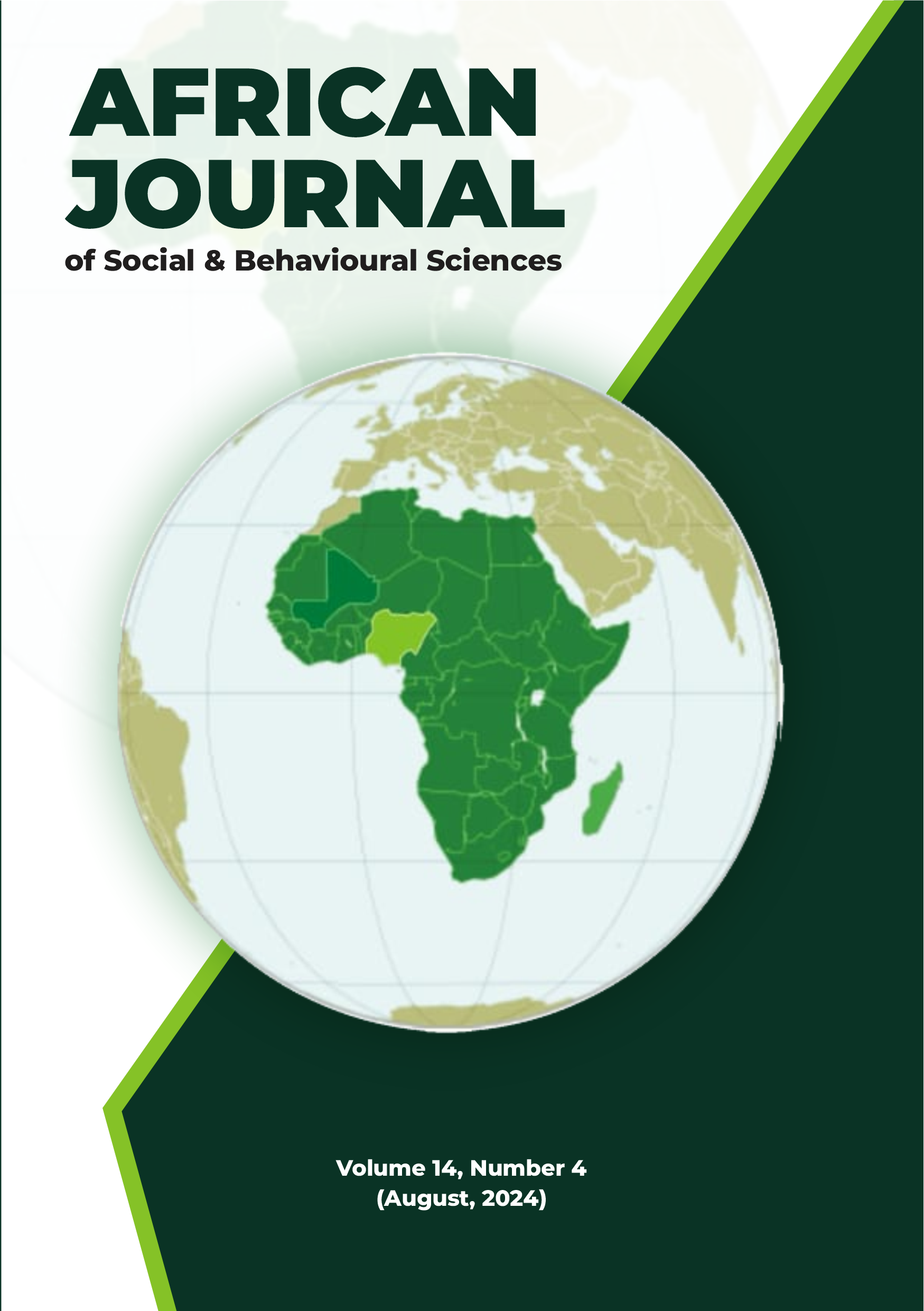EXPLORING THE MICROBIOLOGY NEXUS AND THE PSYCHOLOGICAL IMPLICATIONS OF ENVIRONMENT, CLIMATE CHANGE, AND CANCER
A MULTIFACETED ANALYSIS
Keywords:
Microbial communities, Environmental factors, Climate change, Psychological implications, CancerAbstract
Investigate the complex interactions between microbiology and the psychological effects of environmental factors, climate change, and cancer. Recent scientific developments have emphasised the important role that microbes play in affecting both the physical and psychological aspects of human health. In the light of climate change and cancer-related concerns, the present review aims to clarify the dynamic links between microbial ecosystems, changing environments, and their combined impact on psychological well-being. A systematic literature search was conducted on search engines and databases to cover empirical publications using different keywords and indexes. An additional search was performed with references in the retrieved articles. Criteria were used to select articles. The
relationship between microbiology and cancer reveals a brand-new range of psychological ramifications. The human microbiome affects cancer formation and progression by altering immune responses. As a result, changes in the microbiota caused by climatic and environmental conditions may affect how people react psychologically to cancer diagnoses and treatments. Considering how microbial imbalances may affect treatment effectiveness, immunological function, and general well-being increases the psychological burden of cancer. Climate changes have an impact on human microbiomes, disease incidence, and soil health via changing microbial ecosystems. Stress related to climate events impairs immunity, increasing the risk of infection and cancer. Key components of solutions, include interdisciplinary research, environmental policies, public health strategies, and healthcare adaption. Participation in the community and international cooperation can reduce negative effects on health and preserve microbial and ecological diversity.


